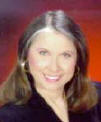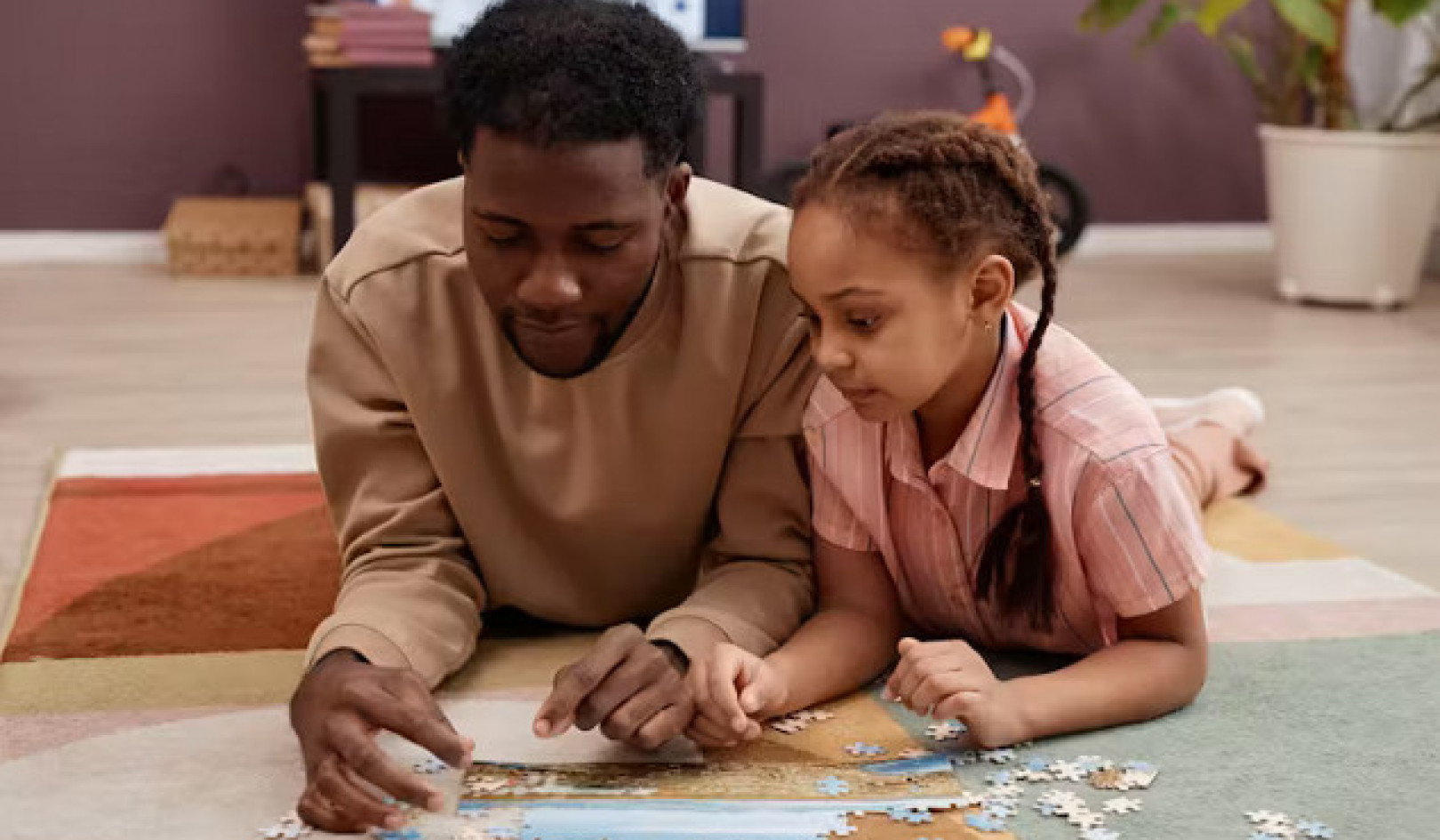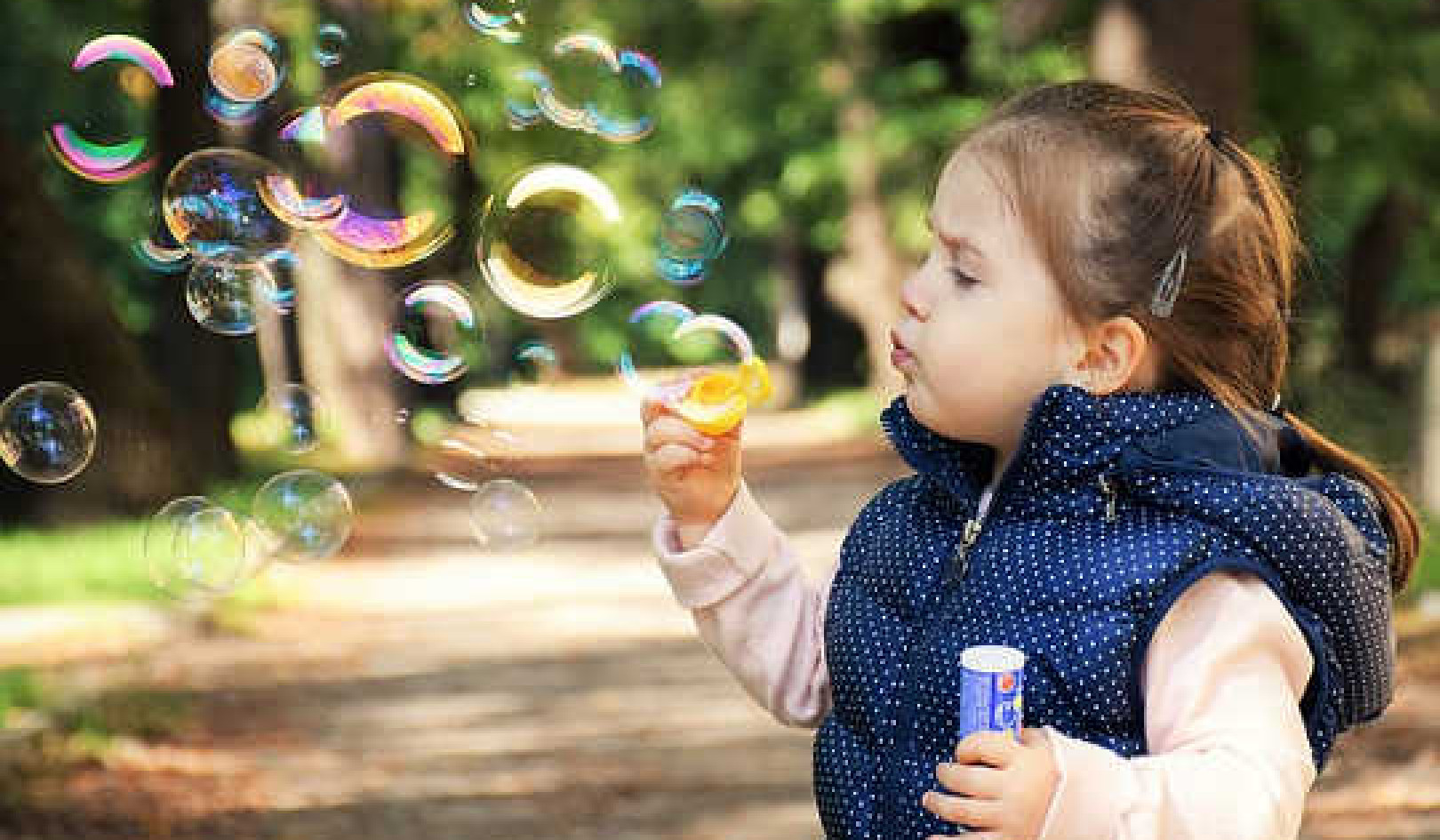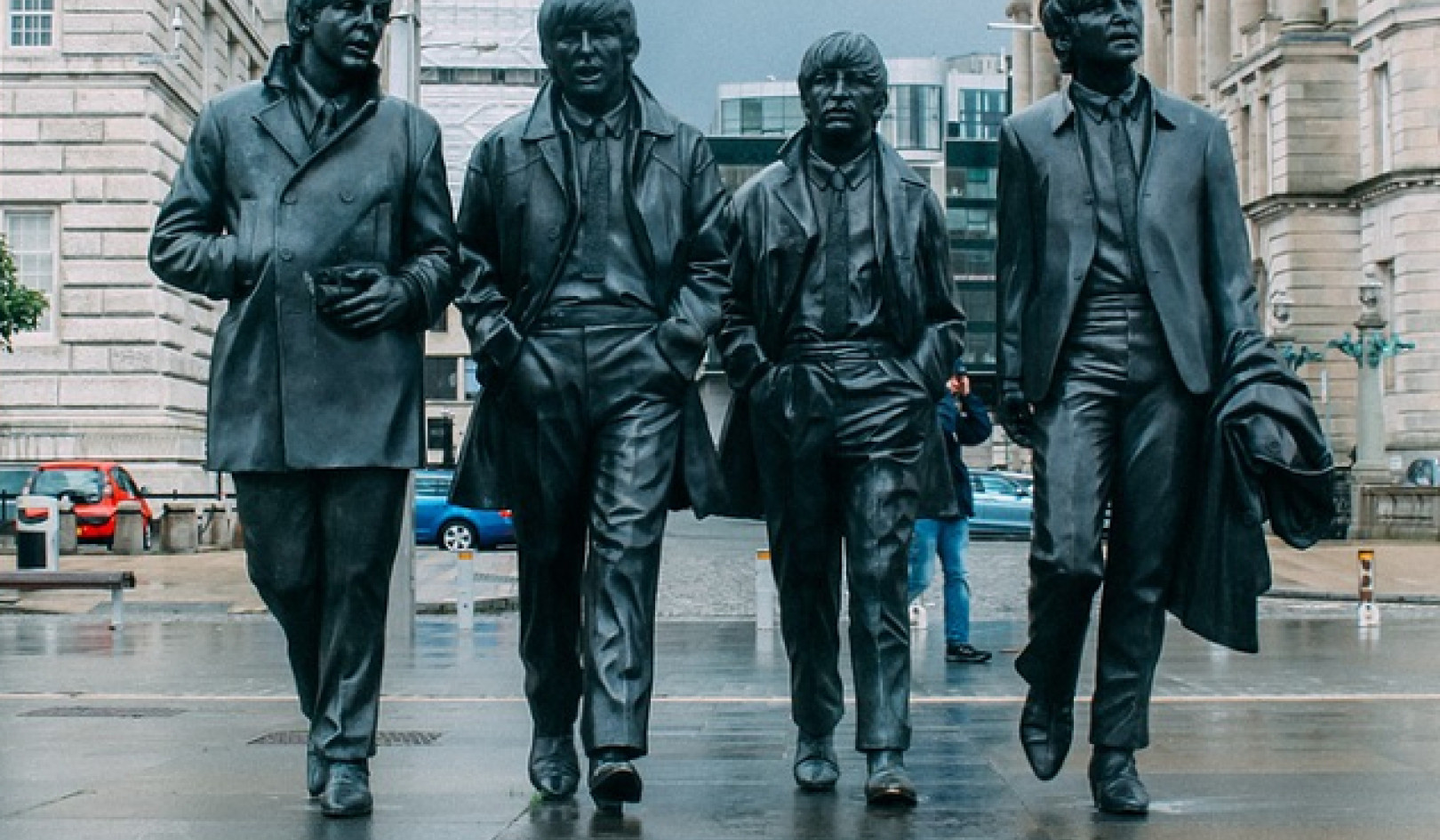
The “knees-to-knees” exercise, a favorite among many attendees, had couples sit facing each other, maintaining eye contact and talk about the issue at hand, whether positive or negative. (Center for Relationship Education weekend retreat)
Honest communication is not only the quickest, most direct path to wholeness, it is also the least expensive. Without spending years in a therapist's office, you can learn a set of communication practices that will lead you to the truth of your present experience and out of the morass of judgments, generalizations, shoulds, withholdings, assessments, and explanations about why you are the way you are.
These practices are a way of using language to help you stay with your present felt experience -- what you see, hear, smell, feel, remember, sense, and intuit. You can learn these practices in a relatively short time period, since so many other explorers have already charted the way. Buddhist meditation practice, Gestalt therapy, Jungian analysis, sensory awareness, Reichian and bioenergetic body work -- these are the main underpinnings of the work that I call Getting Real.
Honest Communication As A Growth Path
The reason honest communication works so well as a growth path is that most of the time, when you go deeply and patiently into an experience, feeling it fully without escaping into a control pattern, it changes! I'm not kidding. The way out is to go deeply in. You will discover this truth for yourself as you engage in the practices -- I call them the ten truth skills -- suggested in this book.
(Editor's note: the skills are, in brief: Experiencing what is; Being transparent; Noticing your intent; Welcoming feedback; Asserting what you want and don't want; Taking back projections; Revising an earlier statement; Considering a different viewpoint; Sharing mixed emotions; Embracing the silence.)
Some of these skills take quite a bit of courage. Others actually ease the way and make honesty less threatening. When you use them in combination, you will find that they support one another and make the whole process of being honest quite enlivening and less frightening than you might imagine.
The Getting Real process will go faster if you have a skilled coach or teacher to help you avoid the pitfalls of self-deception, and it absolutely requires at least one or two committed others who agree to undertake this journey with you.
Freeing Yourself by Getting Real
Getting Real has worked and still works for me and for the hundreds of others I have coached in this method. As I continue to do this work, I keep learning that we human beings have far more potential than we give ourselves credit for: there is so much more love that we could feel, so much more reality that we could perceive, so much more excitement and energy that we could contain and vibrate with.
All we need is genuine curiosity, an openness to experiment, and a willingness to experience with awareness whatever comes up. The prize you will attain for this effort is a deep and abiding trust in yourself and in life that no one can ever take away from you.
Getting Real develops your self-awareness. You engage with others in what I call a social meditation practice in which you support one another in unhooking from your self-image and your ideas about being "better" and risk being seen just as you are. The result is self-realization -- making real the parts of yourself that you thought you had to hide to survive. And I mean all the parts, not just the pretty ones.
Self-realization also leads you back to the simple, direct awareness of yourself as a being increasingly free of your personal story and the limiting beliefs you've picked up along the way. But before you can be free of these, you need to be willing to explore, experiment, and discover where your natural flow of energy is blocked. And to free yourself, you need to experience just how unfree you are.
We're All Hypocrites: Reality vs. Ideas and Ideals
As far back as I can remember, I've been on a campaign to expose the fact that we're all hypocrites to one degree or another. We live in a world that challenges our sense of integrity at every turn. We say we value a clean environment, but we drive cars and ride in airplanes. We say we value democracy, but we secretly want our own way. We say we value honesty, but we frequently withhold our true feelings to avoid conflict. We all preach one thing and practice another.
Learning to live in the gap between our ideals and our reality seems to be the koan of our age. This process is the true meaning of sobriety -- the ability to honestly face the reality of our predicament without projecting blame onto some outside force and without looking for some magical rescue from the challenges of living with integrity.
In my years of experience as a psychotherapist, teamwork consultant, speaker, and seminar leader, I've found that it's much more rewarding in the long run to notice and soberly accept what is than to focus so much of our attention on what should be. Shoulds prevent us from seeing how our life really is -- and from taking appropriate action.
Shoulds are pretenses. Telling yourself that you "should be more generous" is a way of hoodwinking yourself and others into thinking that you want to be generous. Shoulds also justify not taking action in a situation that has become intolerable. "He shouldn't treat me that way." So you focus on what he should or shouldn't do instead of on your own anger, and you get to feel wronged, righteous, and stuck. Shoulds keep you from owning your power to create the life you want. They keep you in denial about your actual feelings and situation.
Getting Real: An Antidote to Self-Deception and Powerlessness
Getting Real serves as an antidote to the sort of self-deception that keeps people feeling powerless and overwhelmed. Once you stop trying to get reality to conform to your ideas and ideals and let yourself see, feel, and express what is, you will feel more empowered to deal effectively with your present situation. You won't be stuck anymore or clogged up with unfinished business.
You'll be participating in this vast evolutionary dance called life. You'll learn to trust yourself to handle whatever comes your way -- because you won't be limited by your ideas about what should happen. You'll be open to discovering what each new situation brings out of you. You'll be living your uniqueness. Your path will have heart.
In this process you may fall down and get hurt at times, like when you were learning to ride a bicycle. But when you get up and dust yourself off, you'll see that along with the pain, there is a beautiful new experience that you might never have had if you hadn't been open to it.
Stop Fighting What Is: You're Okay Just As You Are
From leading Getting Real workshops, I have learned how free people feel when they notice, feel, and express their own inner experience, agreeing for a day or two to set aside their normal conventions of politeness and appropriateness. Most people are amazed to discover that they feel okay just as they are -- warts and all.
My purpose in writing this book is to help you see that wherever you are on your life path, you may as well relax and stop trying to be somewhere else. This is what is. I enjoin you to stop fighting what is so that you can:
1. relax and enjoy yourself
2. deal realistically and creatively with the truth of your existence (instead of waiting to take action until you're "better" or until someone else does what they're supposed to do)
3. allow yourself to be seen and loved (realizing that you are most lovable when you are most transparent)
4. be present to each moment of your life (uninhibited by your judging and comparing mind telling you that you're not enough)
5. trust yourself to "cross future bridges when you come to them" (rather than worrying about something you cannot predict or control)
6. feel peaceful and self-accepting (most of the time)
Freedom's Just Another Word for Nothing Left to Hide
The work of Getting Real is about paying attention to and communicating about what you notice -- your bodily sensations, your feelings, your thoughts, and the things going on around you. When I use the term work, I do not mean to imply struggle. I do not mean exerting. I do not mean working against yourself. If you notice yourself doing these things, pay attention. Your power to heal any tendency to struggle against yourself lies in your ability to be aware of what is, without praise or blame.
The simple act of being aware gives you tremendous freedom. Your freedom will be even greater if you share with others how you experience your awareness. I like to say that freedom's just another word for nothing left to hide. I invite you to come out of hiding and to reconnect with your essential freedom, aliveness, and trust in yourself and others.
Reprinted with permission, ©2001,
of H J Kramer/New World Library, Novato, CA.
Toll free 800-972-6657, ext. 52. www.newworldlibrary.com
Article Source
Getting Real: Ten Truth Skills You Need to Live an Authentic Life
by Susan Campbell, Ph.D.
 Susan Campbell provides simple yet practical awareness practices — culled from her 35-year career as a relationship coach and corporate consultant — that require individuals to “let go” of the need to be right, safe, and certain. Such questions as “In what areas of my life do I feel the need to lie, sugarcoat, or pretend?” help guide the reader toward self-realization.
Susan Campbell provides simple yet practical awareness practices — culled from her 35-year career as a relationship coach and corporate consultant — that require individuals to “let go” of the need to be right, safe, and certain. Such questions as “In what areas of my life do I feel the need to lie, sugarcoat, or pretend?” help guide the reader toward self-realization.
Info/Order this book. Also available as a Kindle edition.
More Books by this Author
About The Author
 Susan Campbell, Ph.D. has worked for many years as a relationship coach and a teamwork consultant to Fortune 500 companies. She is the author of several books, including The Couples' Journey, and Beyond the Power Struggle. Visit her website at www.susancampbell.com
Susan Campbell, Ph.D. has worked for many years as a relationship coach and a teamwork consultant to Fortune 500 companies. She is the author of several books, including The Couples' Journey, and Beyond the Power Struggle. Visit her website at www.susancampbell.com


























